Protecting the Desert Elephants of Mali
Chengeta Wildlife has worked with WILD Foundation and the Mali Elephant Project to provide training, mentoring and other assistance to rangers in the Gourma area since 2016.
Mali is a beautiful, landlocked desert country in northwestern Africa. Perhaps best known for its rich cultural diversity, Mali is also home to the most northerly elephant herd in living in one of the harshest environments in the world, the arid Sahel.
Each year the Malian elephant undertakes a vast migration – circumscribing an area of over 32,000 square kilometers between the Niger river on the north to the Burkina Faso/Mali border in the south.
Their migration pattern is a result of the elephants’ need to access seasonal resources to ensure their survival. The elephants spend 95% of their time in specific “concentration areas” of key resources (water, food and refuge) and the rest of the time moving rapidly between them.

The Gourma & the Malian Desert Elephants
The Gourma elephants in Mali are a desert-adapted species of elephants (Loxodonta africana) and are one of the last remaining populations of these desert-adapted elephants in the world, with the other population to be found in Namibia in Southwest Africa. These desert elephants are not a sub-species of elephant but are savanna elephants who have adapted to live in desert environments. They are much larger in stature than the forest elephants (Loxodanta cyclotis) who reside in the dense forests of central Africa.
These remarkable elephants frequently endure sandstorms, water shortages, and temperatures over 50 degrees Celsius (122 Fahrenheit). A severe drought in 2009 dried out Lake Banzena completely, depriving the elephants of one of their key watering points.
The Gourma elephants have historically enjoyed relatively peaceful coexistence with the local Touareg, Fuhlani and Dogon peoples. Until recently these groups mainly practiced pastoralism but are now beginning to settle and turning to agriculture. Conflict between humans and elephants is increasing as a result.
Threats to the Gourma Elephants
Hunting by humans and climatic changes have further reduced their numbers and home range. Today there are estimated to be around 350 remaining Gourma desert elephant individuals.
With organized crime and the ivory trade pervading many countries, including Mali, these 350 elephants are at risk of easy decimation.
There is an urgent need to provide an expert response, in the form of comprehensive training to local rangers, to counter transnational nature of wildlife crime which including ivory trafficking, bushmeat trafficking, the circulation of war weapons and ammunition, the significant presence of hunting weapons, night hunting and trapping by wire ropes.
Hunting by man & climatic changes
Has reduced the elephant's numbers & range considerably
Today there are estimated to be around 350 remaining individuals. The Gourma elephants are believed to be the most northerly population of elephants in Africa since the loss of the Atlas Mountains population in the 1970’s, and are remnants of a much larger population that once extended across the entire north of Africa.

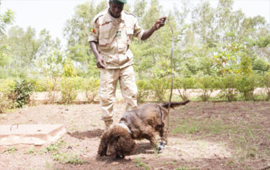

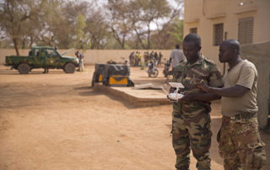

The main illegal activities
With organized crime linked to the ivory trade pervading many countries in Africa, Mali is not an exception, putting these 350 elephants at risk of easy decimation, given their affinity to travel in large aggregations. They are also becoming victims of civil disturbance in the North of Mali due to the uprising taking place. There is an urgent need to provide an expert response, in the form of comprehensive training to local rangers, to this transnational nature of wildlife crime which includes ivory trafficking, bushmeat trafficking, the circulation of war weapons and ammunition, the significant presence of hunting weapons, night hunting and trapping by wire ropes.
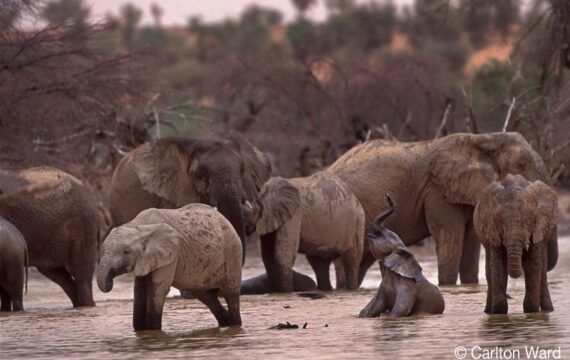
Chengeta team’s role on the ground
The Chengeta team is already on the ground in the Gourma. They are tasked with developing and implementing the doctrine, training the local rangers and imparting specialist knowledge & systems as well as advising/mentoring on how to run the operations so that the they can protect wildlife against poaching.
Our Projects
Chengeta Wildlife is a wildlife protection charity delivering lasting anti-poaching solutions in the most challenging environments.
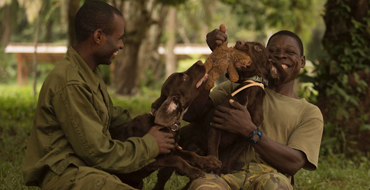
CENTRAL AFRICAN REPUBLIC PROTECTED AREAS
Chengeta Wildlife has signed a partnership agreement with WWF Central African Republic to provide training, mentoring & other assistance to rangers in Dzanga-Sangha in the south west of the country.
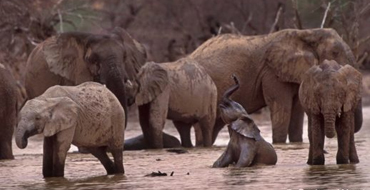
Mali
Elephants
Chengeta Wildlife has signed a partnership agreement with the WILD Foundation (Mali Elephant Project) to provide training, mentoring and other assistance to rangers in the Gourma area.
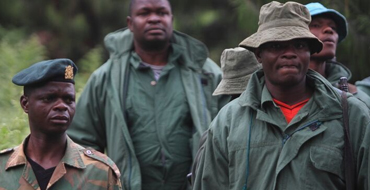
MALAWI
NATIONAL TRAINING
The country of Malawi ‘The Warm Heart of Africa' is in the middle of the elephant’s natural range. Malawi is blessed with a rich diversity of flora & fauna & has no less than 9 National Parks or Wildlife Reserves.
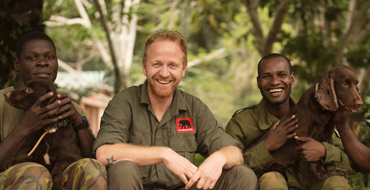
Detection
Dogs
Chengeta Wildlife’s training program also combats wildlife trafficking & poaching deploying detection dogs. Our dogs can detect wildlife contraband like ivory & pangolin scales but also weapons & detonation devices.
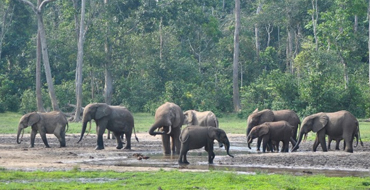
FOREST
ELEPHANTS
Across its range, forest elephants are threatened by expanding illegal wildlife economies that target the species for their ivory. They are at risk from forest loss due to industrial agricultural plantation.
HOW YOU CAN HELP
Get involved with Chengeta Wildlife by supporting our work with a donation or creating your own fundraiser or volunteering your skills.

